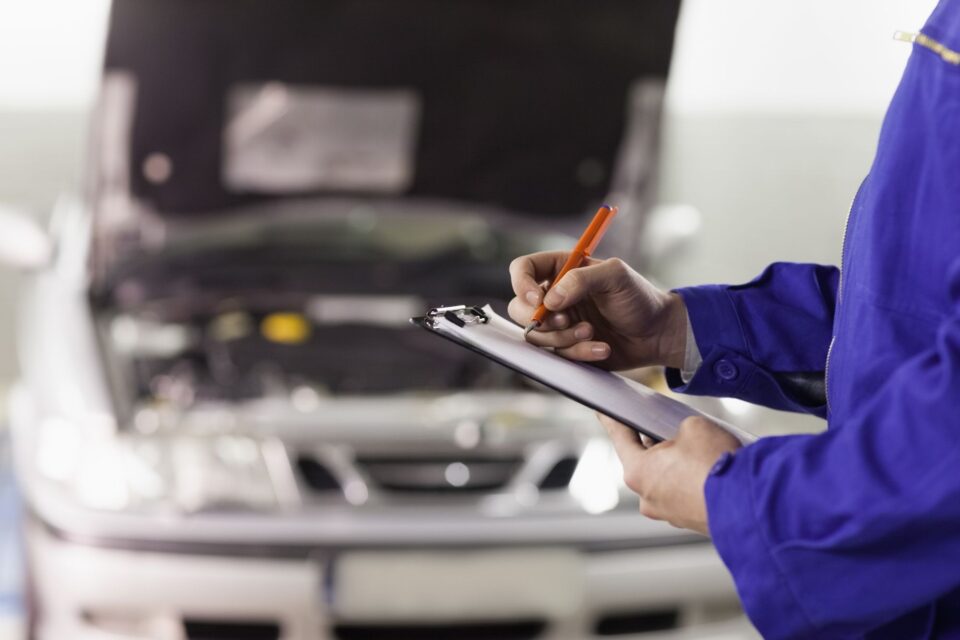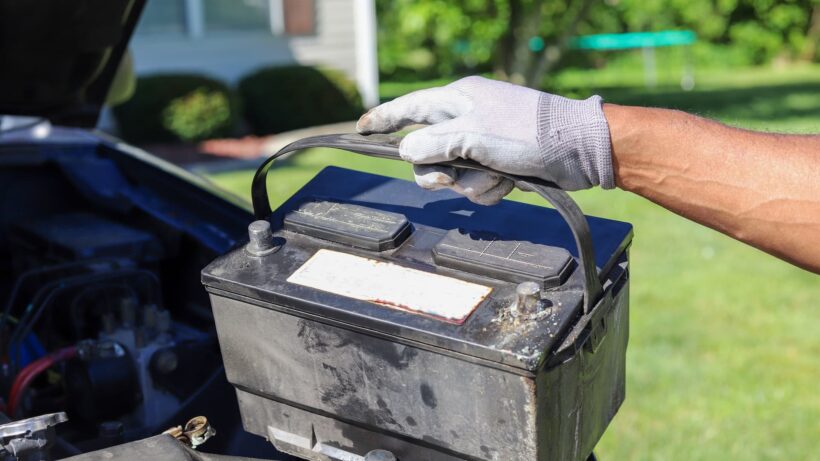Owning a car is a significant investment, and keeping it in excellent condition requires regular attention and care. While some automotive issues arise naturally with wear and tear, many can be prevented with proactive maintenance. In this guide, we’ll cover some of the most common automotive repairs and how you can avoid them. Our goal is to save you time, money, and frustration in the long run.
Key Points:
- Routine brake inspections and timely pad replacement prevent expensive repairs.
- Regular cooling system checks and maintenance avert engine overheating.
- Follow the car’s maintenance schedule to avoid costly transmission repairs.
- Protect the suspension system by avoiding rough terrain and replacing worn parts.
- Clean terminals and replace old batteries to avoid getting stranded.
- Catch exhaust system issues early through emissions testing and noise monitoring.
- Keep tires properly inflated and aligned for better performance and safety.
- Periodically inspect and maintain your car’s electrical system to avoid failures.
Brake Repairs
Common Issue
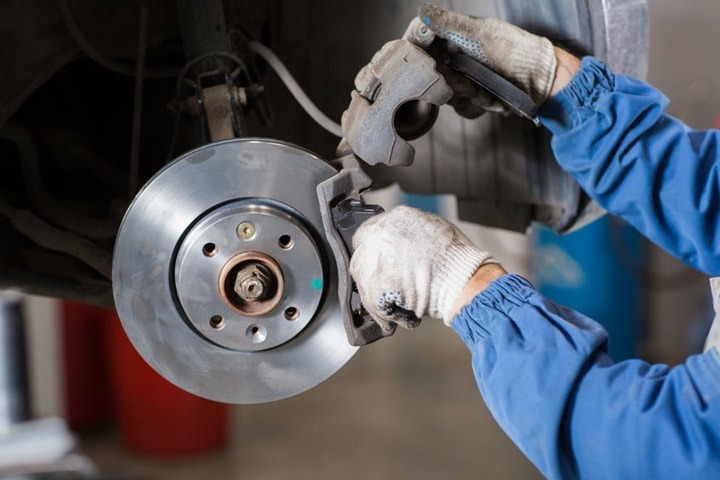
Worn brake pads, damaged rotors, and failing calipers are among the most common problems drivers face. Ignoring squealing or grinding noises can lead to more expensive repairs as brake components deteriorate.
How to Avoid It
Schedule routine brake inspections and replace pads before they are completely worn. Keep brake fluid clean and topped off, because this prevents corrosion and ensures a smooth braking system.
Engine Overheating
Common Issue
A car that frequently overheats may have a failing cooling system, a clogged radiator, or worn-out hoses. Left unchecked, overheating can result in severe engine damage or even a complete engine replacement.
How to Avoid It
Regularly check coolant levels and inspect hoses and the radiator for cracks or leaks. Have your cooling system flushed and refilled according to the manufacturer’s guidelines.
Transmission Repairs
Common Issue
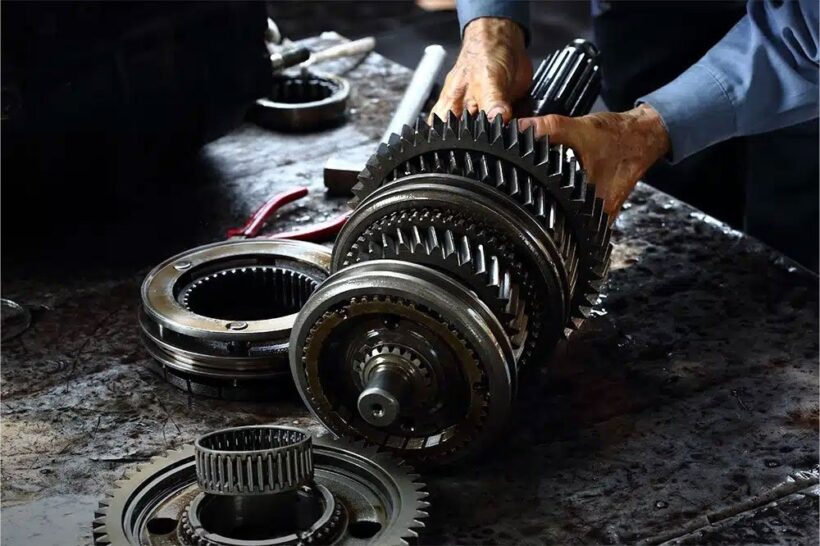
Slipping gears, delayed shifting, or grinding noises are symptoms of transmission trouble, often stemming from low or old transmission fluid. Repairs or replacements are typically costly and time-intensive.
How to Avoid It
Follow your car’s maintenance schedule for fluid changes and ensure the fluid is at the correct level. If you notice any hesitation in shifting gears, consult a mechanic immediately.
Suspension System Problems
Common Issue
Suspension issues like worn shocks, struts, or control arms can cause poor handling, a bumpy ride, and uneven tire wear. Ignoring these signs can lead to compromised safety and more expensive repairs.
How to Avoid It
Inspect the suspension system during routine maintenance checks and replace worn parts promptly. Driving carefully over potholes and avoiding rough terrain can also reduce wear on suspension components.
Dead Batteries
Common Issue
A dead battery can leave you stranded, and it tends to happen at the most inconvenient times. Corrosion on terminals and extreme weather conditions are frequent culprits.
How to Avoid It
Test your battery regularly, especially before extreme weather seasons. Clean any visible corrosion from terminals, and replace the battery if it’s nearing the end of its recommended lifespan.
Exhaust System Damage
Common Issue
A leaking exhaust system not only affects your car’s performance but also poses environmental and health risks. Problems like rusted pipes or damaged catalytic converters are common over time.
How to Avoid It
Listen for unusual noises from the exhaust and check for visible signs of rust or damage. Regular emissions testing, required in most states, can help catch problems early.
Tire Wear and Alignment Issues
Common Issue
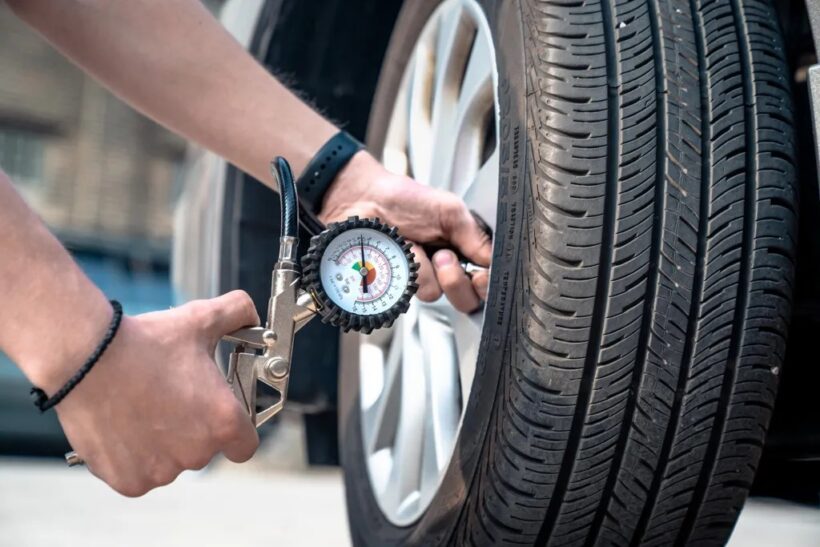
Uneven tire wear, frequent flats, or alignment problems can reduce fuel efficiency and create safety hazards. Over time, underinflated tires or poor alignment can also damage the suspension system.
How to Avoid It
Check tire pressure monthly and keep it at the recommended level. Rotate your tires regularly, and have your alignment checked if you notice the car pulling to one side or uneven tread wear.
Electrical System Failures
Common Issue
Electrical issues, like malfunctioning lights, power windows, or starting problems, are often caused by aging components or faulty wiring.
How to Avoid It
Inspect your vehicle’s electrical system periodically and replace worn-out fuses, bulbs, or wiring as needed. Keep the battery terminals clean, as electrical systems often depend on a strong battery connection.
Fuel Efficiency Tips
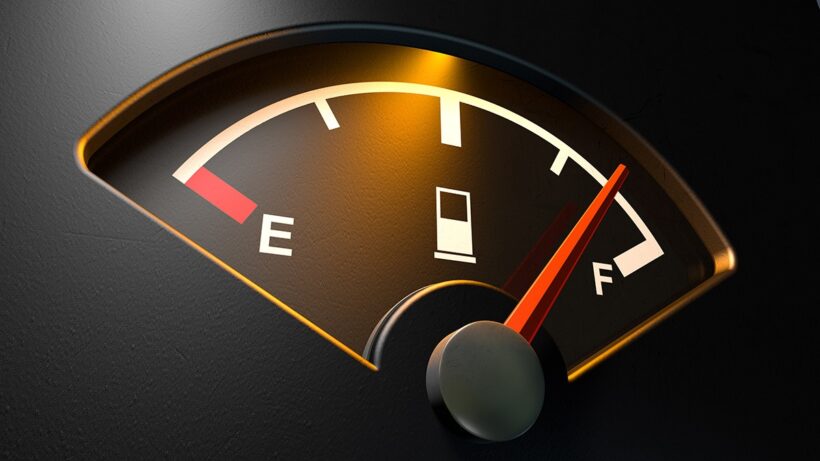
Maintaining good fuel efficiency is essential not only for saving money but also for reducing your carbon footprint. Proper maintenance ensures your car operates at peak efficiency.
Key Recommendations:
- Keep your tires inflated to the correct pressure.
- Replace air filters regularly to improve airflow.
- Avoid excessive idling, as it wastes fuel.
- Use cruise control on highways to maintain consistent speeds.
Signs of Imminent Car Trouble
Paying attention to early warning signs can save you from more severe car issues down the line. Ignoring these indicators often leads to costly repairs or dangerous situations.
Watch Out For:
- Persistent warning lights on the dashboard.
- Unusual sounds such as knocking, squealing, or grinding.
- Fluid leaks under your vehicle.
Seasonal Maintenance Checklist
Each season brings unique challenges for your car, and preparing accordingly helps keep it in top shape year-round.
Seasonal Tips:
- Winter: Check your battery, antifreeze levels, and tire tread.
- Spring: Inspect wiper blades and clean the undercarriage to remove salt.
- Summer: Monitor the cooling system and test air conditioning performance.
- Autumn: Ensure lights and brakes are in excellent condition for shorter daylight hours.
Preventative Maintenance Is Key
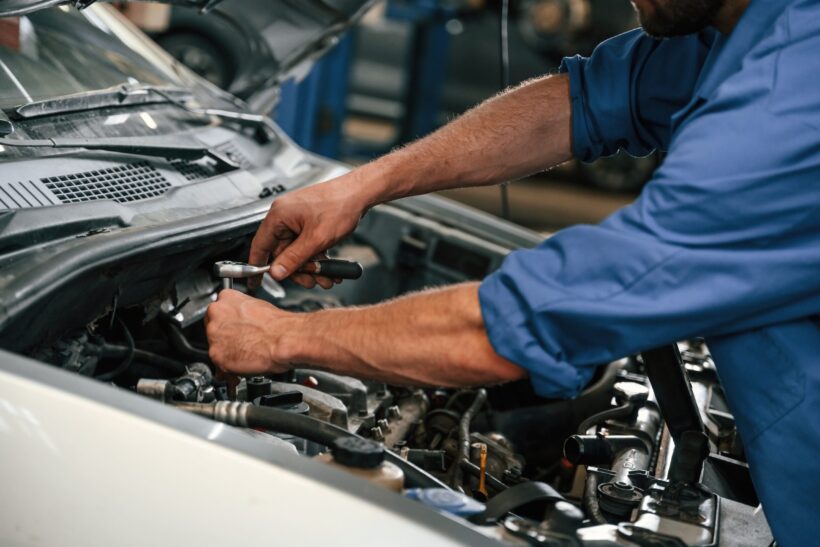
Many common car repairs can be avoided with regular maintenance and attention to warning signs. Here are some ways to keep your car running at its best:
Follow the Manufacturer’s Schedule
Stick to the recommended intervals for oil changes, filter replacements, and inspections.
For more information about following a maintenance schedule, read this helpful page from Car Gurus.
Listen to Your Car
Strange noises, warning lights, or changes in performance are early indicators that something needs attention.
Drive Defensively
Avoid hard braking, rapid acceleration, and overloading your vehicle to reduce unnecessary wear and tear.
Depend On a Reliable Auto Shop for Repairs and Maintenance
When it comes to preventing and addressing common car issues, working with a trusted local mechanic can make all the difference. Local auto services offer personalized attention, years of expertise, and a commitment to community satisfaction that chain stores can’t match.
By choosing a local auto service, you’ll receive tailored advice for your vehicle’s specific needs, and you’ll support the local economy. Most importantly, local services often take a more proactive approach to car care, helping you avoid costly repairs down the line.
If you’re in need of expert diagnostics or maintenance, visit their website to learn more about Action Auto’s auto repair service in Los Alamitos. Keeping your car in great condition has never been easier or more convenient.

